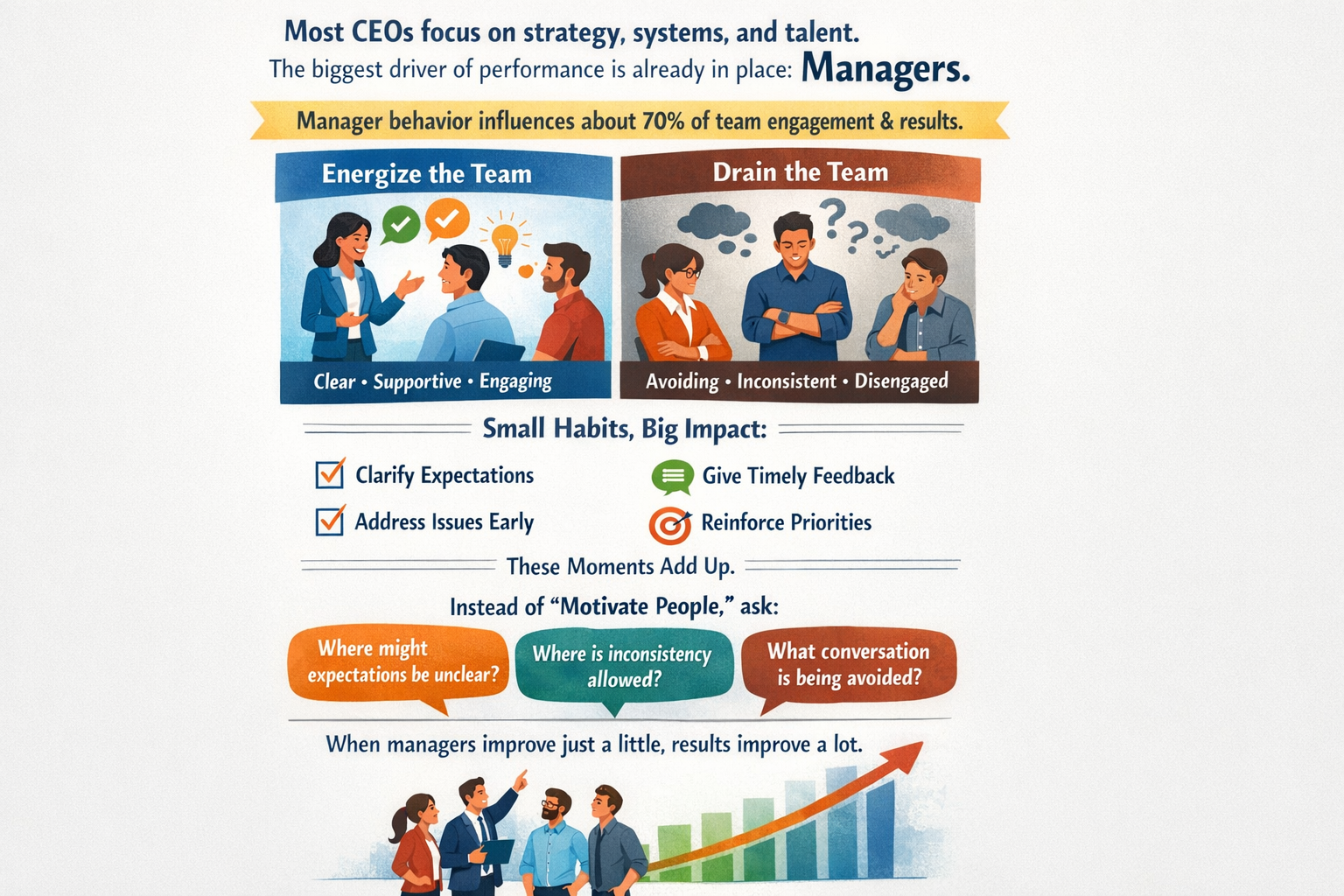Being Thankful for Workplace Colleagues

Employees everywhere want to be valued, respected, and appreciated. They want to be thanked for the contributions they are making at their workplace and be supported to become even more effective at their job! 69% of employees say that the recognition they receive impacts how likely they are to stay with the company.
Being thankful at work really matters! Human beings are emotional beings. We are more content and motivated to achieve when we feel appreciated for who we are and what we offer. When an employee’s manager treats them well, employees feel supported by the organization. This encourages them to engage more fully, enhancing the organization’s success.
Too often, supervisors believe that an employee’s paycheck is reward enough. They don’t express thanks at work unless an employee is meeting or exceeding expectations in all aspects of their job.
However, when employees don’t get feedback, they don’t know if they are meeting expectations. If they don’t know what they are doing well, they may not continue to do their best in these areas. When they don’t realize they are underperforming, they don’t realize they need to improve. Not knowing where they stand leads to insecurity and declining motivation.
Many managers say they don’t know how to show appreciation at work. Let’s consider 3 simple ways.
- Use words to thank your employees.
- During a one-on-one conversation or a small group meeting, thank them for a specific task that they are doing well and explain how this work matters to other people - customers, the organization, the department, or a colleague. Thank them for their reliability, their thoughtfulness when others need help, or their high-quality work.
- Share your thanks by email or in a text or phone call.
- Write a thank you card or jot a note on a post-it and leave it on their desk.
2. Use an appropriate form of physical touch.
- Congratulate a job well done or a group accomplishment with a high five, fist bump, or pat on the back.
- Help them when they have a task that will be easier with two heads or two sets of hands.
- Hold the door or help carry boxes when they are loading their vehicle for a trade show.
3. When they have an urgent deadline and you can spare 20 minutes, ask how you can help.
- If you are a spreadsheet whiz your 20 minutes could save them 2 hours.
- If you’re a grammar nerd, you might quickly improve the readability of an important document.
Who in your department receives little recognition for the value they add in the workplace? How could you make them feel appreciated during this Thanksgiving season and beyond?


